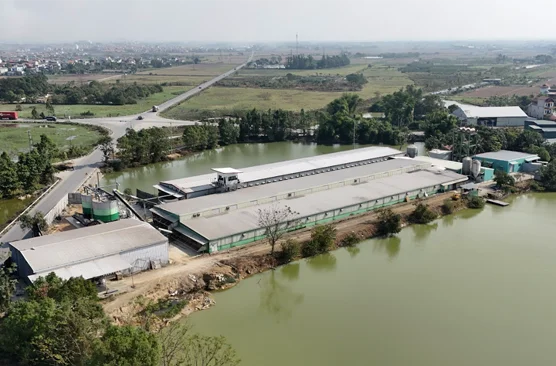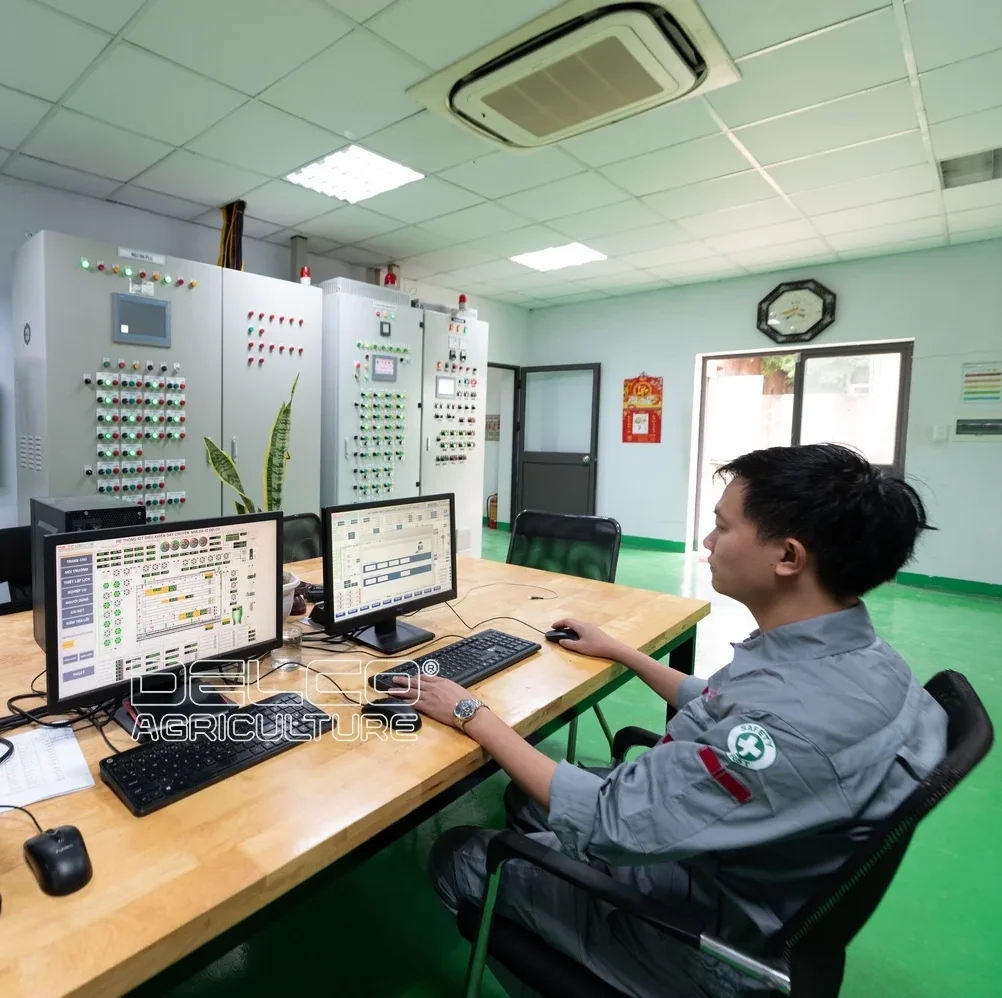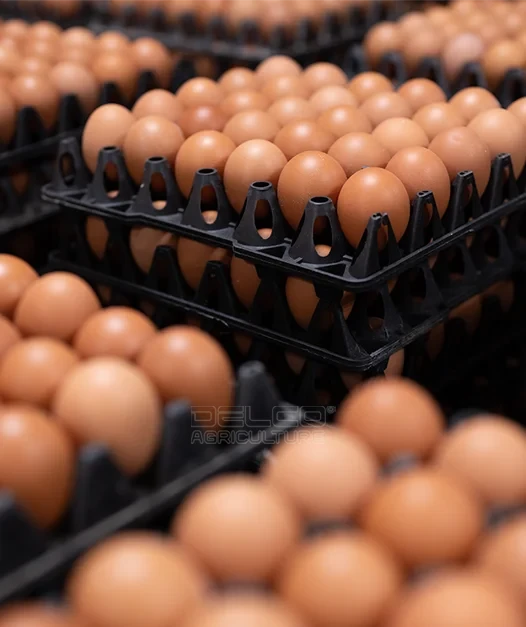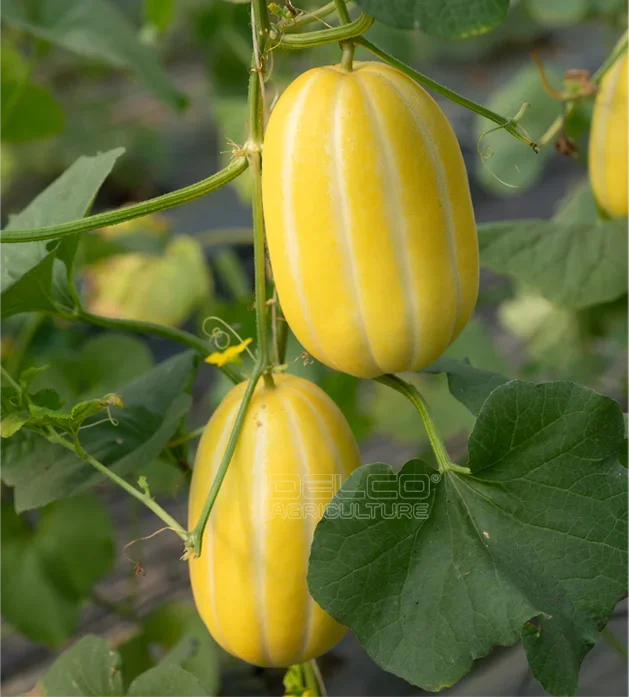Beneath the agricultural soil layer exists a rich world of microorganisms, which play a key role in the life and growth of crops. The soil microorganisms include many groups such as bacteria, fungi, actinomycetes, algae and protozoa. In high-quality organic fertilizers, the density of beneficial microorganisms can reach tens of millions of CFUs per gram, while harmful microorganisms are controlled at very low levels. This is one of the factors that contributes to improving soil structure and supporting strong plant growth.
What are soil microorganisms?
Soil microorganisms refers to the community of microscopic organisms living in the soil, forming a diverse and complex biological community.
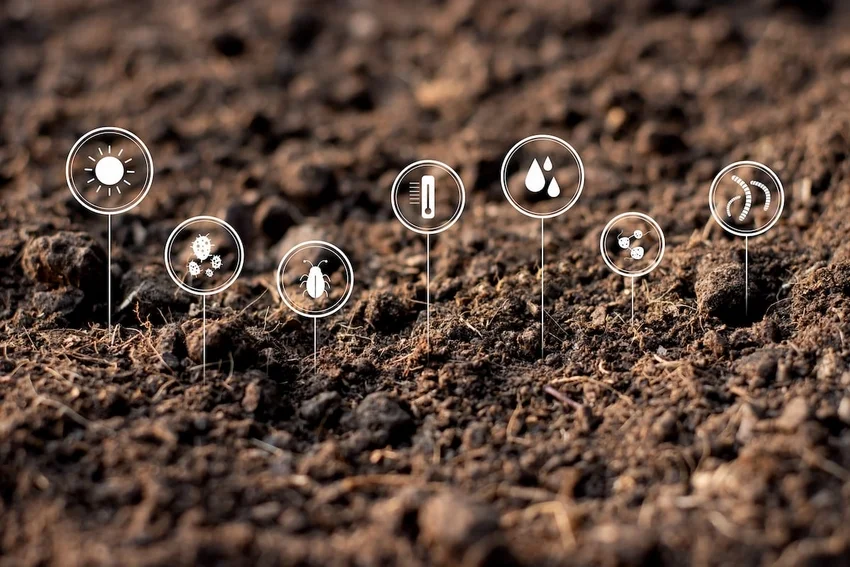
Soil contains a complex community of microorganisms that form a diverse biological community.
Among them, bacteria account for the largest proportion, performing essential functions such as nitrogen fixation, organic matter decomposition and releasing nutrients. Fungi are also present in many different forms, including mycorrhizae, which help plants increase their ability to absorb nutrients, fungi that decompose organic debris and even pathogens. Actinomycetes play an important role in decomposing cellulose, lignin, and many other difficult-to-decompose compounds, contributing to humus formation. Additionally, algae and protozoa, although present in smaller numbers, play important roles in maintaining ecological balance and supporting nutrient cycling in the soil.
Key roles of soil microorganisms
Soil microorganisms can be considered a biological “machine” that performs a series of important functions in the farming ecosystem.
First of all, microorganisms decompose plant and animal residues, converting them into easily absorbed nutrients such as nitrogen, phosphorus and potassium. In standard organic fertilizers, the organic matter ratio can be over 50%, combined with suitable moisture and pH, creating conditions for beneficial microorganisms to operate strongly, providing abundant nutrients for the soil.
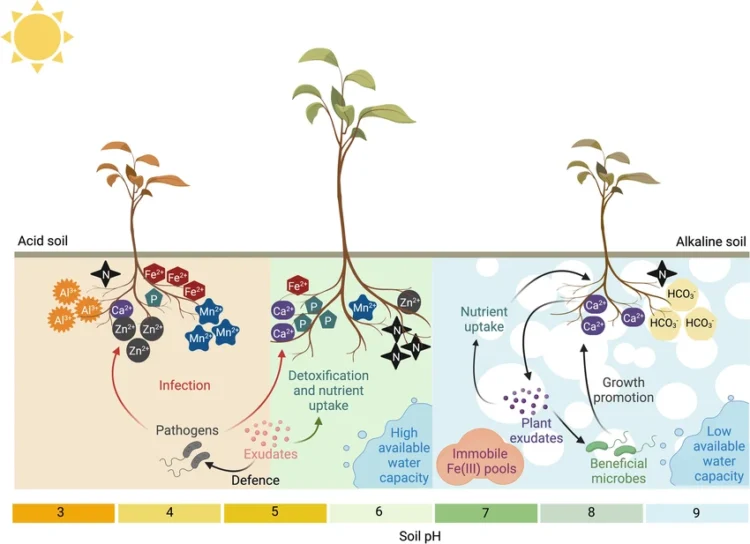
In addition to breaking down nutrients, many bacteria can fix nitrogen from the air, providing a natural source of nitrogen for plants. Some strains also release biological adhesives that improve soil structure, making it looser, richer in humus, and better at retaining moisture. Moreover, antagonistic microorganisms compete with soil-borne pathogens and release natural antibiotic compounds that help reduce the growth of harmful fungi and protect plants from pests and diseases.
In particular, mycorrhizal fungi help plants absorb nutrients more effectively—especially phosphorus and micronutrients—leading to stronger roots and better resistance to harsh environmental conditions.
Factors affecting soil microorganisms
The activity of soil microorganisms is directly influenced by soil properties, farming practices, and environmental conditions.
Key soil characteristics, such as pH level, carbon-to-nitrogen (C/N) ratio, and organic matter content, play a decisive role in shaping the population and diversity of soil microorganisms. For example, soils or organic fertilizers with balanced pH and high organic content (above 50%) often provide favorable conditions for beneficial microorganisms to grow.
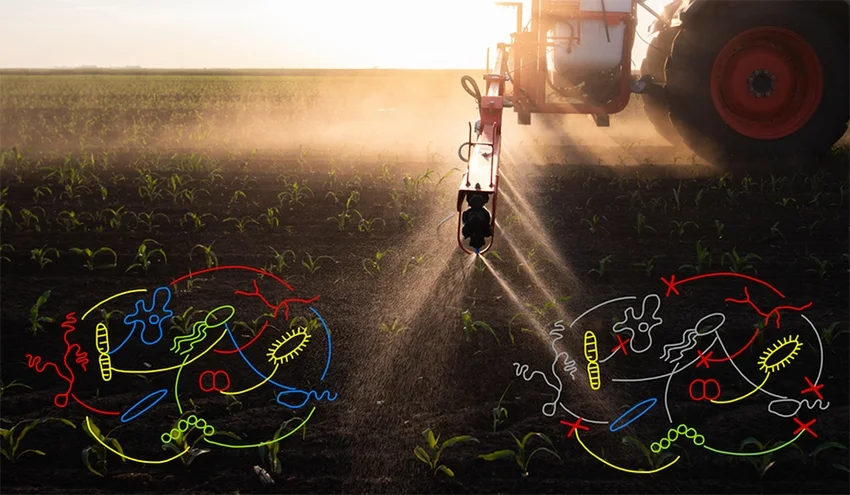
Excessive use of pesticides and chemical fertilizers can harm beneficial microorganisms, disrupting the structure and natural function of the microbial community.
Farming practices also have a major impact: Using too much chemical fertilizer or pesticide can reduce the number of beneficial microorganisms in the soil. Deep and frequent tilling can break up the soil structure and disturb their living environment. Environmental factors such as temperature, sunlight, and heavy metal pollution also affect the balance of soil microorganisms.
Measures to protect and develop soil microorganisms
Maintaining and promoting beneficial microorganisms in the soil is essential for sustainable agriculture. Reducing the use of chemical fertilizers and pesticides helps avoid harming these beneficial microorganisms. Adding organic matter – such as animal manure, green manure, compost, or microbial products – improves the living conditions for beneficial microorganisms and provides nutrients for the soil.
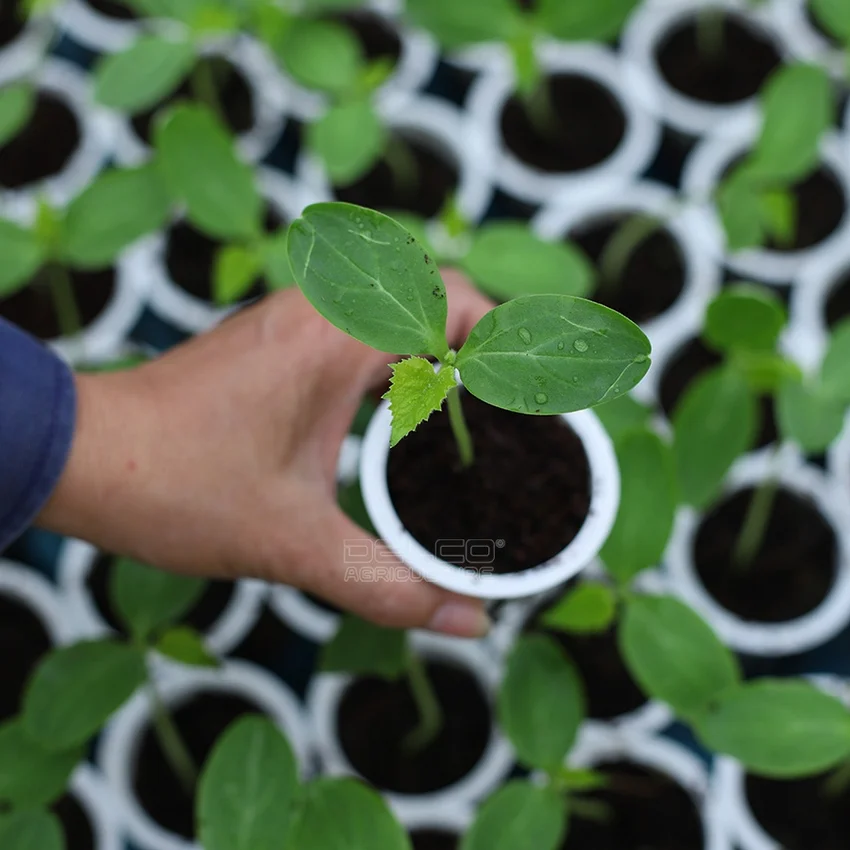
Delco Agri’s cellulose-degrading microbial product made from chicken manure helps improve the living environment of soil microorganisms and enriches soil nutrition.
Limiting deep tillage also helps preserve soil structure and protects the natural habitat of beneficial microorganisms. Crop rotation or intercropping, especially with legumes, introduces a variety of nutrients and creates favorable conditions for different groups of beneficial microorganisms to grow. In some cases, applying microbial products can help restore and increase the population of beneficial microorganisms in the soil.
Soil microorganisms play a fundamental role in soil fertility and regeneration, and directly affect plant health and productivity. Providing organic-rich soil with suitable pH, minimal contamination, and low heavy metal residues not only supports beneficial microorganisms but also builds a strong foundation for sustainable agriculture.
DELCO’s chicken manure-based microbial product – A sustainable soil improvement solution
DELCO Agriculture’s chicken manure-based microbial product is produced through a strict biological fermentation process. It contains a high density of beneficial microorganisms (3.2 × 10⁷ CFU/g) while keeping unwanted microbes within organic standards—below 10⁵ CFU/g—and free from E. coli and Salmonella. Thanks to natural nitrogen-fixing microorganisms, the product offers stable nutrition, including easily absorbed organic nitrogen and micronutrients, helping crops grow strong while reducing reliance on chemical fertilizers.

With a high organic matter content (>45%), a balanced C/N ratio (15.79), stable moisture (27–29%), and neutral pH (8.26), Delco Agriculture’s chicken manure-based microbial product improves soil structure, enhances water retention, and supports the growth of native soil microorganisms. Free from harmful residues, it is suitable for both conventional and organic farming, contributing to long-term sustainable agriculture.
See more: Common soil rehabilitation mistakes that microbial products can fix

